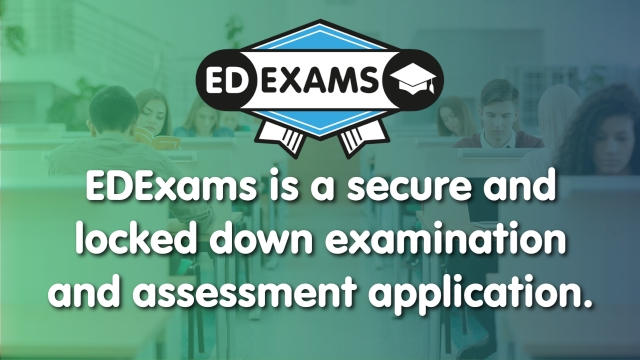The relationship between students, schools and parents during the exam period is frequently analysed, often with an emphasis on the student/school relationship or the student/parent one.
The other vital component to this relationship is obviously the school/parent relationship, and evidence suggests that increased engagement between the two can improve outcomes for students.
Managing the process of studying and attending exams is part of a student’s responsibility and learning these skills is vital for their future success. That said, strong links between schools and parents can ensure that students are supported as they adapt to these new responsibilities.
Obtain any information you can
Firstly, remember that knowledge is power – and that applies as much to you as a parent as it does to your child.
Ensure that you know the exam schedule and important information that will impact your child such as revision sessions, parents’ evenings and recommended study materials. If you have difficulty locating these, contact the school for further information.
As well as obtaining the information you need to support your child, you’ll also be indicating to the school that you’re involved in the process. If there are any issues or concerns, this connection can be invaluable.
The partnership approach
Partnership between parents and schools can ultimately benefit students.
An article published in social and behaviour sciences journal Procedia, discussed the different levels of parental involvement:
In the partnership approach there is a clear and mutual cooperation between school and parents and a mutual contribution to children’s achievements, frequent communication, creating a positive atmosphere in upbringing and mutual appreciation.
This positive atmosphere involves a mutual determination to see students succeed and will require more than just a concerted effort in the last few months prior to the exam.
Ideally, parents should be involved throughout their child’s exam year, making positive mutual determination between parents and teachers commonplace by the time exams roll around.
Reinforcement success depends on the child
Parents’ engagement with schools and exam information can reinforce a pupil’s determination to succeed. Modelling theory predicts that children will want to emulate the behaviour of their parents, so if a parent demonstrates their interest in exams then pupils may follow suit.
However, this solution is not a catch-all. In a French 2010 review of literature on parental involvement in schools, it is noted that paying an interest and offering praise only works if children are receptive to it:
If these psychological incentives do not interfere with the child’s intrinsic motivation and are valued by the child, they increase the effort exerted by the child to behave in ways important to school success.
Parents may be reticent to get too involved with the exam process but forging a relationship with the school where you know what’s going on and why could benefit the relationship between parents, schools and students.











